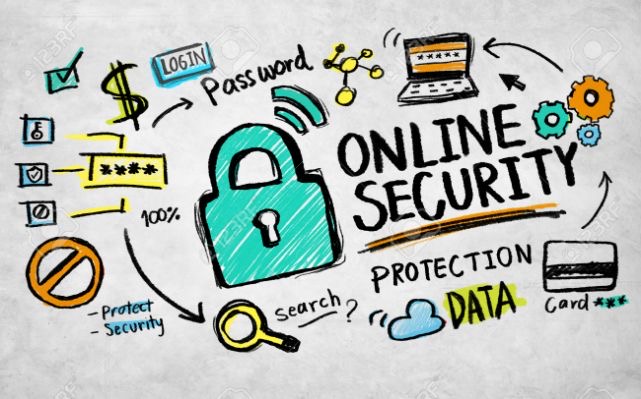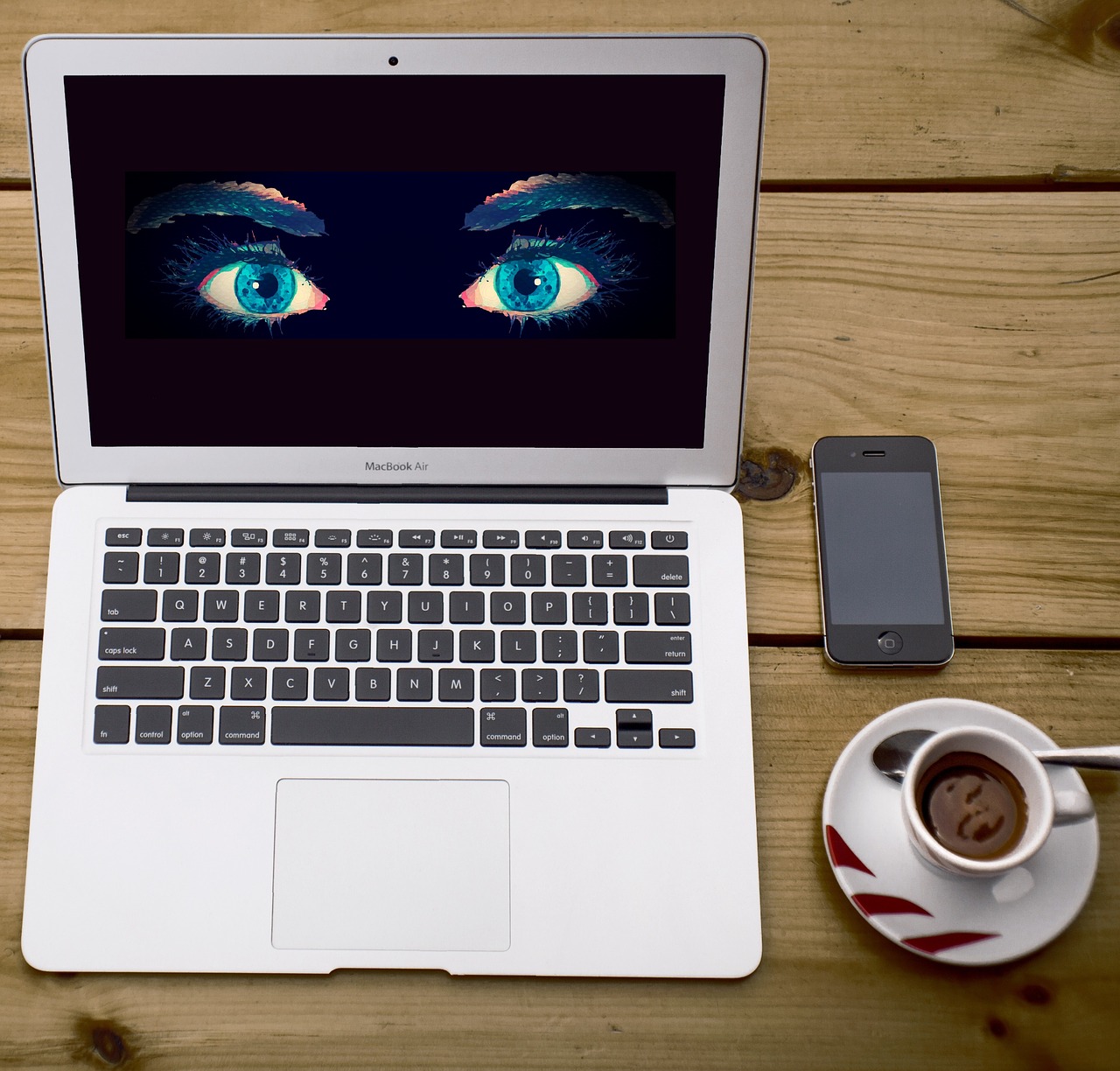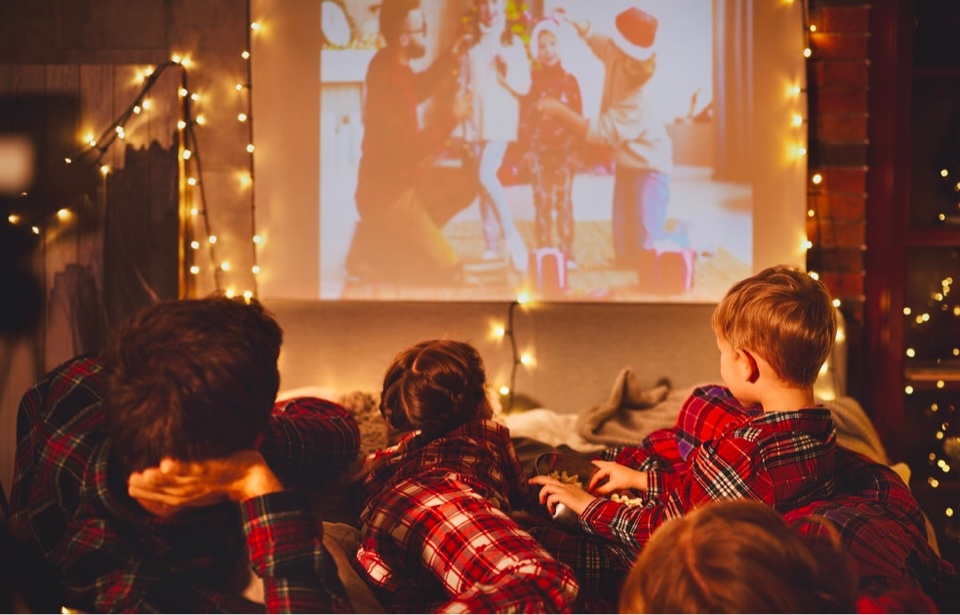Navigating the landscape of parenting in the digital age presents its own set of challenges and concerns. While embracing new technology offers numerous benefits, it also raises questions for the modern parent. How does one shield their children from cyber bullies? Is imposing strict limits on screen time the solution? And what about the lasting impact of their digital footprint, now coined as “digital tattoos”?
These parenting dilemmas extend to broader ethical considerations, such as the ongoing debate about the propriety of monitoring your children. Is it ethically or morally sound to engage in such surveillance? If so, under what circumstances? Is the justification rooted in online safety, physical security, or an invasion of privacy?
The Spying Debate
The discourse on ‘spying’ has permeated online parenting and educational forums, prompting a nuanced exploration of both perspectives.
In a recent presentation on online safety that I attended, the speaker delved into the nostalgia of a more carefree upbringing, characterized by children walking or riding to school independently. This concept, now termed Free Range Parenting, is championed by figures like Danah Boyd, a Principal Researcher at Microsoft and author of “It’s Complicated: The Social Lives of Networked Teens.” Boyd addresses the culture of fear motivating parents in today’s world.
“We’re afraid of all of the ways in which our children might be harmed,” she says. “And we’re afraid of all of the things that children might do to disrupt the status quo.”
A quick search reveals varied opinions, with individuals like Katie Roiphe advocating for allowing children as young as nine to surf the internet alone. The common thread in these discussions is the belief in providing children with opportunities to make choices, assess risks, and develop strategic decision-making skills—a preparation for eventual independence.

However, the opposing viewpoint highlights the harsh realities of online dangers. According to the Journal of Adolescent Health, 26% of online sex offenders exploit social networks to gather information about children’s whereabouts. Disturbingly, the National Center for Missing and Exploited Children reports that 1 in 7 kids experience some form of sexual solicitation online, with over half being asked to share compromising pictures.
In an interview in 2012, supervisor of the FBI Cyber Crimes Division, Russ Brown said:
“So, is it a child or is it an equal adult with the same developed emotional capabilities as an adult? If you’re empowering your child at the age of twelve to be on an equal level as you are, then you aren’t really a parent anymore. Technically, they aren’t really mature enough to handle that stuff.”
While children are not oblivious to the risks, they lack the adult experience in navigating potentially deceitful interactions. The advent of social networks and online gaming has amplified these dangers, leading some to argue that restricting access is paramount for a parent.
Yet, even with vigilant monitoring, children can find ways to circumvent controls. Attempting to track their online activities at home may prove futile when they’re at school, a friend’s house, or using alternative devices and networks. In a poignant reflection, an anonymous student on a leading UK school’s website emphasized the inevitability of children acting impulsively or naively when not under direct supervision. The reality is, complete control over every aspect of a child’s online presence remains elusive.
Read the Statements Below & Figure Out Where You Stand on The Digital Divide
A) Children are smarter than they give them credit for, and educating them rather than spying on them shows that you respect them; a relationship of mutual trust between you and your child is the only real thing that you can do to protect them online.
A) It is up to the responsible parent to install strong and effective filters and surveillance software, in order to track what sorts of messaging apps/software the children are using, who they are talking to, what social networks they use and who they are communicating with. The idea isn’t to spy or intrude into the private lives of the child, it’s to monitor for the tell-tale signs and red-flags that only adults with years of hard-earned life experience will recognize. To do anything less would be irresponsible, and even dangerous.
B) Is there a reason a parent feels they should monitor their child closely? Only that parent knows or can make that decision, based on the character of that child.
B) There is no question on whether or not a parent has a right to closely watch their child. As children demonstrate the ability to behave maturely and follow both parental and societal rules, they should be given more freedom and more privacy. But when they display poor judgment and irresponsible behaviour, their freedom and responsibility should be scaled back accordingly.
C) Instead of instating harsh rules and regulations that you (falsely) believe can’t be broken or circumvented, try building a genuine relationship with your children; educate them about the dangers that lurk online and make them feel comfortable talking to you about it.
C) Kids need to learn right up front that what they do on the web isn’t private. There is no such thing as privacy, just degrees of public. The Internet is the largest public forum in the world. ALL children push their boundaries; online more so than offline.
D) For teenagers though, you need to trust them and get them to trust you as an advisor. Filtering and spying sends all the wrong messages to them, and in the end doesn’t teach them to be sensible, rather it teaches them to circumvent the spying.
D) Teenagers can (and will) buy cheap phones, tablets, or laptops without their parents’ knowledge, and free public WiFi is then widely available. Younger children will use the computers or phones of their friends, or they will get around their parents’ Internet filters or the weaker filters at their school.
E) Most parents today probably don’t know the first thing about Internet filters or surveillance software.
E) The reality is that Internet filter software and parental control software is made so that parents don’t have to be computer experts to use them. Secondly, and more importantly, those filters can be customized to be very lenient, even in many cases allowing all traffic through, but flagging parents when certain activity takes place, like inappropriate words during IM chats, new and unknown incoming email addresses, or IM contact activity.

So What Should a Responsible Parent Do?
The truth is, no matter how intently you watch their online activities, your children will find ways around it. Unless you want to imprison your child in a room with absolutely no connection to the outside world, they’re going to communicate with other people without your knowledge.
Let’s say you find a way to track all the websites your children visit on the home WiFi, you track their text messages and phone calls, and you don’t let them have Facebook or any kind of social networking access. Great. But what about when they’re at school? Or at a friend’s house? They can act irresponsibly or naively when you’re not around. They can use their friends’ phones or computers or public WiFi hotspots or proxies to get around your parental controls. You’ll never be able to fully control everything your child does.
One anonymous student recently posted on a leading UK school’s website:
I figured out that using a proxy server at school allowed me to access everything, and going into safe mode on a Windows computer disabled the monitoring software. Nowadays I am even sneakier and make a bit of money. I have a mobile hotspot with unlimited 4G data that I pay around £20 /month for, and everyone pays me to connect to it on the bus or when they need to do something questionable at school.
Often when there are two extremes then the truth is usually somewhere in the middle.
- Err on the side of caution; it is likely the smarter choice. You are the best judge of subtle changes in behaviour of your children; they are likely to turn to you for support/advice when young, their friends when teenagers.
- All children are different, even amongst your own; what works for one might not work for another.
- As for spying…well, perhaps monitoring is a better word. Doing any of this completely covertly really undermines any trust between you and your child. Discuss openly the reasons behind monitoring.
- What works for an 11 year old does not necessarily apply to and 13 year old. The debate should classify monitoring/filtering for under 12s and for teens. Parental Controls need to be set-up appropriate to the age of the child. Regularly update and audit the Parental Control settings; as they get older the controls need to be adjusted relative to their level of maturity.
- Cultivating a relationship of honesty and communication is definitely key, but a very tricky thing to actually accomplish. Yet, never stop trying and learning different ways to foster dialogue with your children.
- Take an interest in what your children are doing online, discuss it with them – if your default setting is to block things they want to do because you are scared of them or don’t understand them, then their default setting will be ‘mute on’.
- Do not have internet enabled devices (or even a TV) in the bedroom; it is for sleeping. The family laptop or PC in a shared space is perfect for younger ones. Have access to their login details for social networks, but don’t use them unless you are given a valid reason.
Editors note: Websites referenced in this article and for further reading.
[i] http://www.freerangekids.com/
[iii] http://www.danah.org/papers/talks/2012/SXSW2012.html
[iv] http://www.slate.com/articles/double_x/roiphe/2012/05/kids_on_the_internet_danah_boyd_s_controversial_idea_that_kids_should_be_allowed_to_roam_free_.html
[v] http://www.internetsafety101.org/Predatorstatistics.htm
[vi] http://www.makeuseof.com/tag/unfortunate-truths-about-child-pornography-and-the-internet-feature/





